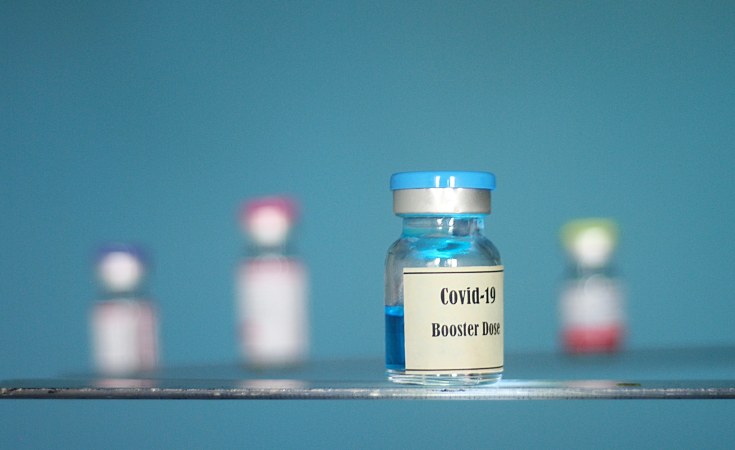Cape Town — The European Union, the U.S., India and South Africa have reached a provisional compromise on waiving Covid-19 vaccine intellectual property (IP) rights.
World Trade Organization (WTO) Chief Ngozi Okonjo-Iweala has welcomed the decision, hailing it as a breakthrough for the global trade body. "This is a major step forward and this compromise is the result of many long and difficult hours of negotiations," Okonjo-Iweala said.
She noted though that while the agreement between the EU, India, South Africa and the United States was an essential element to any final deal, "not all the details of the compromise have been ironed out and that internal domestic consultations within the four members are still ongoing... work must commence immediately to broaden the discussions to include all 164 members of the WTO".
Approval of the agreement would see countries being able to permit domestic manufacturers to produce Covid-19 vaccines without the consent of patent-holder for three to five years. Notably, only developing countries that account for less than 10% of global exports of Covid-19 jabs would be eligible.
Waiver a limited, half-measured response?
Max Lawson, Head of Inequality Policy for Oxfam and co-chair of the People's Vaccine Alliance, supports the decision - but he warns against employing simple concessions when further action may be required. "In a crisis, half measures are not acceptable. Every barrier to accessing these crucial vaccines and treatments must be cleared away. We urge member states to return to the negotiating table and come back with a comprehensive waiver that will work to cut short this pandemic and guarantee everyone is protected," Lawson said in a statement from Oxfam.
Lawson added: "As it stands, this proposal seems to do little to address patents beyond the existing flexibilities in the TRIPS (Trade-Related Aspects of Intellectual Property Rights) agreement. It ignores other intellectual property barriers like trade secrets, which stand in the way of vaccine manufacturers. And by focusing only on vaccines and kicking the issue of Covid-19 treatments into the long grass, it will leave life-saving treatments out of reach for millions."
Global drug makers associated with the International Federation of Pharmaceutical Manufacturers and Associations (IFPMA) have slammed the compromise, saying that it may sabotage efforts in potential future crises, Reuters reports. "Biopharmaceutical companies reaffirm their position that weakening patents now when it is widely acknowledged that there are no longer supply constraints of COVID-19 vaccines, sends the wrong signal," IFPMA director general Thomas Cueni is quoted as saying.
Médecins Sans Frontières/Doctors Without Borders (MSF) also expressed scepticism, saying it was far from being an IP "waiver" for pandemic medical tools. According to its own analysis, the medical non-profit alleges that key limitations of the waiver agreement include "that it covers only vaccines, is geographically limited, and covers only patents and does not address other intellectual property barriers, such as trade secrets, which may cover critical information needed to facilitate manufacturing".
History of calls for a waiver
Calls for a compromise reached a pitch at the G7 Leaders' Summit in 2021 where South African President Cyril Ramaphosa called on all G7 members to support the waiver of intellectual property rights on Covid-19 vaccines, and engage in negotiations that would result in a balanced outcome to rapidly expand production in Africa and across the world. "To successfully contain a virus of this nature, to limit loss of life and to prevent the emergence of new variants requires that as many of the world's population is vaccinated in the shortest time possible," President Ramaphosa said at the time.
The Biden administration also showed support for a waiver. United States Trade Representative Katherine Tai said in a statement "the extraordinary circumstances of the Covid-19 pandemic call for extraordinary measures".


